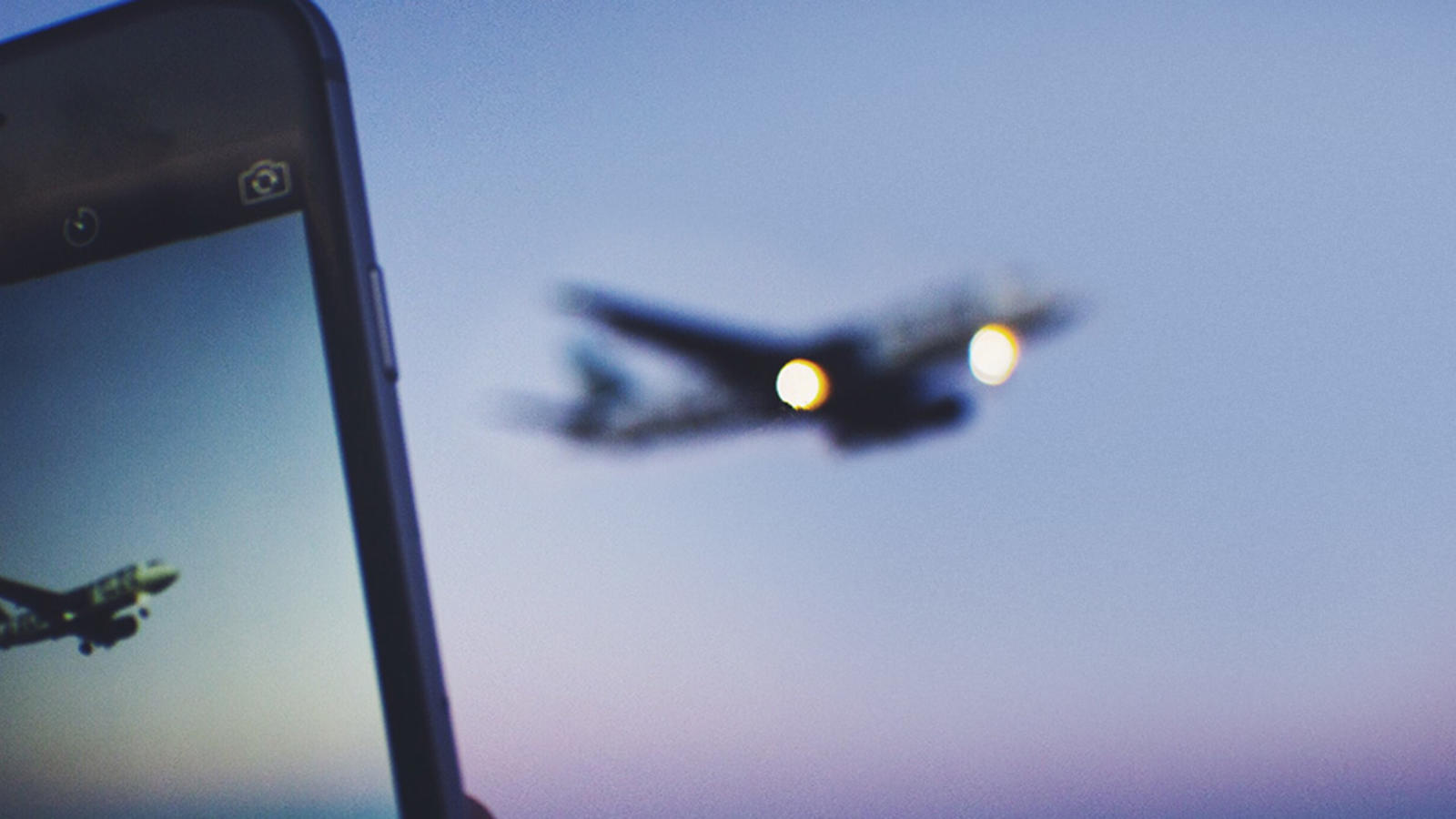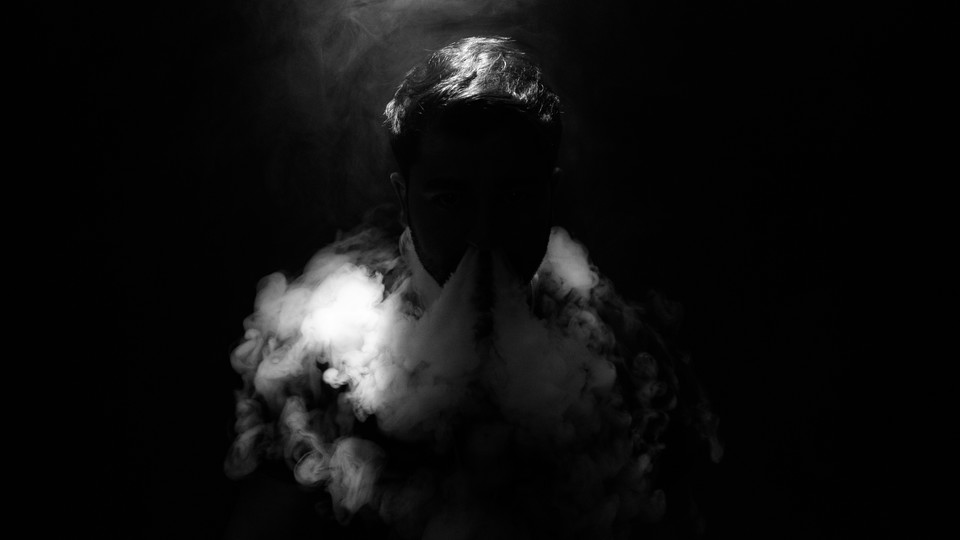
The Unfriendly Skies
How United Got In A PR Mess. And How It Could Get Out
By Claudia Feldman
How United Got In A PR Mess. And How It Could Get Out
Writer Claudia Feldman sits down with Rice Business professor Anastasiya Zavyalova to discuss the bad PR surrounding United Airlines.
In a nation divided, Americans woke up Tuesday morning agreeing on one thing: United Airlines blew it. Or at least, after a physician/paying passenger was forcibly dragged off an oversold flight, leaving him bloodied and dazed, the United PR machine needs an overhaul.
Earlier this week, the airline described the hair-raising incident as an "overbook" situation. They added that the passenger in question "refused to leave the aircraft voluntarily." And that he was "re-accommodated."
To most Americans, many of whom followed the story on social media and actually saw what happened on a video gone viral, what really occurred on United Express Flight 3411 Sunday was that three security officers manhandled the doctor who had already boarded and settled in his seat. As he said after the melee, he had the reasonable expectation of seeing his patients the next morning.
Out of sight were three other passengers who also lost their seats when four airline employees appeared at the gate and expected to make the crowded Chicago-to-Louisville flight.
United CEO Oscar Munoz didn't help when he said he was upset, too, and, "I apologize for having to re-accommodate these customers."
What might have the United crew done differently? And how might they respond next time, as there will inevitably be a next time? We checked in with Anastasiya Zavyalova, an assistant professor of strategic management at the Jesse Jones Graduate School of Business and an expert on bad PR.
Q: Not to pile on, but what might United have done to avoid this debacle?
A: So many things. Big companies need someone in charge of social media affairs, maybe a crisis management team that could have monitored this and had a response appropriate for the situation. They can't rely on mainstream media and statements that will appear a week later.
Also, no matter how much control or intent the company had, showing sympathy for the victim is a first step. Just showing their human side. Had the flight attendants intervened, for example, they could have looked like heroes.
Q: It's odd, isn't it, to describe dragging someone down an aisle as "re-accommodation"?
A: Yes. Re-accommodation as a person is bleeding and dragged down the aisle? Someone should have briefed the CEO on how to make a more appropriate statement.
Q: Is this the first PR mishap for United?
A: There was the incident with the two girls wearing leggings. (In March, they were barred from a United flight for violating its dress code. Critics called that decision sexist and overbearing.)
Q: We have to acknowledge that the displaced passengers were offered money—$800—to give up their seats.
A: One thing that makes this interesting was that the United staff didn't go up to the quota. They could have gone up to $1,350 in compensation, but they didn't.
Q: Who is going to give United the benefit of the doubt? Who isn't?
A: I guess some people who will not uninstall their app and lose their mileage. On the other hand, in China there is an uproar in the Chinese form of Twitter. A lot of people there see this as an example of discrimination against Asians. I think United needs to express sympathy to this doctor and maybe offer some form of compensation to him and the others who lost their seats.
United executives might say they are working to get to the bottom of this incident. Surely they don't want to lose the whole Chinese market.
Q. Will it be hard for United to smooth the waters?
A. It's much more difficult to shed this kind of attention, because it involves a lot of negative emotions and people are much more locked into those kinds of feelings. Even with the positive form of fame, when there's admiration and adoration, a couple of missteps will drag you down.
Q: Anything that might help?
A: Time. And someone who really knows how to respond to the media.
Postscript: Were Munoz' ears burning? Shortly after this interview with Zavyalova, the United executive released a new statement:
"I continue to be disturbed by what happened. I deeply apologize to the customer forcibly removed and to all the customers aboard. No one should ever be treated this way." Munoz added, "We are going to fix what's broken so this never happens again."
He also promised to review United's partnerships with law enforcement and policies on overbooking.
This conversation with Zavyalova has been condensed and edited.
Claudia Feldman, formerly a Houston Chronicle reporter, is now a freelance writer. This interview originally appeared in the Chronicle's Gray Matters blog.
Never Miss A Story


